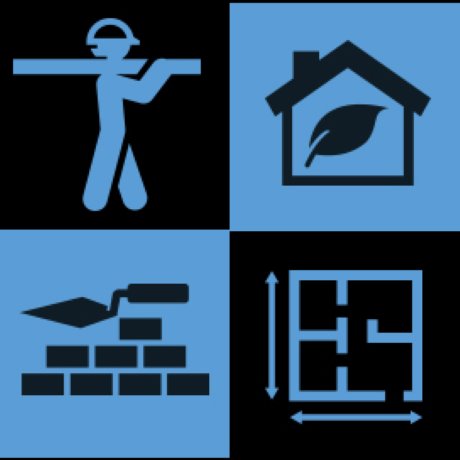The workforce in British Columbia’s water and wastewater sector needs new blood. According to the BC Water and Waste Water Sector Workforce Profile, because of retirements, attrition and sector growth, 3,320 new employees are required between 2015 and 2025.
They represent slightly more than half of the total sector workforce of 6,250.
"Right now there are about 500 vacancies," said Carlie Hucul, CEO of the BC Water and Waste Association (BCWWA), one of the organizations that undertook the study.
Most of the requirements are for operators, followed by technical support staff, supervisors and management.
According to the report, the sector has its work cut out for it.
Over one-third of its workforce is over 50 years of age, with more than one-half of the over-50s expected to retire within the next 10 years.
Despite the number of staff who are leaving the sector, they are not being replaced by younger workers. Only one-quarter of the workforce is between 19 and 35, compared to one-third of the total population of B.C.
The sector’s education curriculum also needs to be addressed.
According to the report, it needs to be updated to ensure the workforce can maintain technical skills and meet certification and changing industry requirements.
In addition, competencies for all of the occupational groups need to be clarified and defined.
The purpose of the study, which was carried out in 2015 by the BCWWA and the Environmental Operators Certification Program (EOCP), is to develop a comprehensive picture of the workforce responsible for water and wastewater operations across the province.
Hucul said the report was needed because of the lack of data specific to the B.C. sector.
"There is good national data — the Eco Canada 2010 workforce report — but we’ve had trouble finding reliable information on the regional water and wastewater workforce," said Hucul.
Data for the profile was gathered from surveys, interviews and focus groups with employers, training organizations, regulators and accreditation institutions.
According to the report, education and certification in the water and wastewater sector needs to be brought up to date.
For example, there are no required courses that ensure operators, supervisors and managers have the knowledge and skills to carry out their roles and responsibilities.
There are skill gaps in water quality and safety, technology and regulatory changes and environmental impacts.
The report recommended that new training be developed to reflect changes in the work environment and that the sector be kept up to date on new training opportunities.
It also proposed more flexibility in training models and delivery. Some employers face challenges in staff training, such as the cost of developing in-house training, travel and loss-of-work costs to send staff to external courses and the lack of schools and instructors.
Hucul said one of the reasons the B.C. sector has had trouble bringing in new, young workers is a lack of structure in the way that competencies are defined.
"There isn’t a clear career path in water and wastewater," said Hucul. "It’s a barrier to attracting skilled workers and to keeping them in the sector."
It also limits employment mobility.
"It’s easier in construction and similar kinds of work to move on to other jobs," she said.
Rick Gallilee, director of management systems and utility services at Metro Vancouver (Metro), which looks after water and wastewater in 21 municipalities in the Lower Mainland, said his organization is aware of its staffing challenges and has been working on them.
"We need to find engineers for capital projects, but it’s tougher to find them now," Gallilee said. "We’re starting to see some staffing challenges in other areas too, for operators, technicians and technologists."
Metro has been working to retain the knowledge of its experienced workers before they retire.
"We’ve been documenting their knowledge and making an effort to bring new staff up to speed quickly, using principles of adult learning," he said.
Kalpna Solanki, chief executive officer of EOCP, said her organization and the BCWWA are working with other B.C. water sector organizations to develop an implementation and action plan that will address the workforce challenges identified in the report.
"It will be completed later in 2017," Solanki said. "Expect to see some changes in the sector."
The BCWWA is a not-for-profit association representing more than 4,600 water professionals in B.C. and the Yukon. The EOCP is a certification organization responsible for classifying water and wastewater systems and administering the certification process for operators in B.C.











Recent Comments
comments for this post are closed